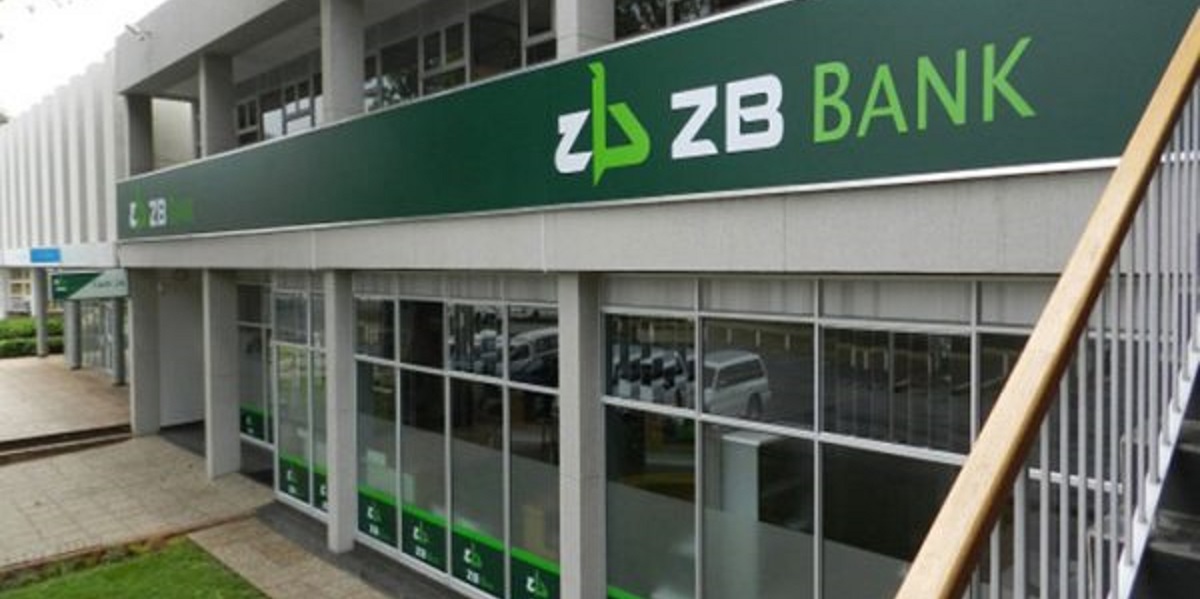ZB Financial Holdings intensifies renewable energy investments
ZB Financial Holdings (ZBFH) is intensifying investments in renewable energy by aiming to install functional solar systems at all its premises at a rate of five systems per year and the institution is supporting climate change mitigation and adaptation efforts as it recognises the importance of backing the shift to a low-carbon economy and enhancing resilience in its sphere of influence.
Beyond monitoring broader trends, it is offering specialised financing structures to investors involved in climate-related projects.
In its 2023 annual report, ZBFH stated that during the reviewed period, it successfully implemented a 52kWp On-Grid Solar System at its headquarters in Harare.
“As ZBFHL we adopted a strategic approach to transitioning our operations and investments towards renewable energy sources in response to our energy needs.
“We set a goal to install functional solar systems at all the premises at a rate of five systems per year. A 52kwp On-Grid Solar System at the ZBFHL Head Office, 21 Natal Road Avondale Harare. This site is under surveillance to report on any efficiencies and/or deficiencies pending negotiation for a net-metering agreement with the national power utility Company,” reads part of the report.
The installation of the solar system has resulted in a significant decrease in energy costs since the site was commissioned.
Additionally, five service center locations have solar systems of different sizes for power backup, along with the 52kwp On-Grid Solar System.
“Additionally, solar street lighting solution provided by the Group at the Chinhoyi University of Technology (CUT), the Midlands State University (MSU) in Gweru and the National University of Science and Technology (Nust) in Bulawayo have continued to provide much needed lighting in these locations.
“Further solar installations are planned at the Group’s data centres and selected service centres throughout the country.”
The bank added that the investment activities are also aligned with sustainability objectives, as the Group aims to prioritise clients who have a focus on renewable energy sources.
“We are actively working to reduce our reliance on conventional energy sources and transition towards a more environmentally friendly and sustainable business model.”
The National Development Strategy 1 (NDS1), spanning from 2021 to 2025, places significant emphasis on reliable and affordable energy access.
The priority aligns with the government’s vision and responds to substantial investments in critical sectors like mining, agriculture, tourism and manufacturing.
The country is increasing its focus on developing alternative clean energy sources.
The country has already made an ambitious commitment to reduce carbon emissions by 40 percent on its Low Emission Development Strategy (Leds) by 2030 through providing communities with alternative energy and proper waste management.
To complement this effort, more local companies have started using renewable energy such as solar while broader initiatives such as investing in new smaller hydro-power plants, wind and establishment of bio-digesters in rural areas are being worked on.
For instance, companies such as the diversified crocodile breeder, Padenga, Ariston and Tanganda have made efforts towards establishing alternative sources of energy like solar, to power their operations.
Mining firms have also taken the initiative to reduce over-reliance on energy from the national grid. Victoria Falls Stock Exchange (VFEX) listed resources group Caledonia Mining Corporation Plc, constructed a 12,2MW solar plant at its Gwanda-based gold producer Blanket Mine.
Another strategic mining entity- Platinum group-metals (PGMs) giant, Zimplats has spent over US$1 million on the first phase of its 35 megawatt solar project at the Selous Metallurgical Complex with the final phase scheduled for completion in 2027 at a total project cost estimate of US$201 million.
The financial institution added that it is committed to supporting climate change mitigation and adaptation efforts. Climate change has severe consequences for agriculture, elevating the risk of crop failure, food insecurity and economic hardship.
The institution is offering specialised financing options to investors involved in climate-related projects.
“We recognise the importance of supporting the transition to a low-carbon economy and building resilience within our sphere of influence. Additionally, we are involved in the production of new crop varieties that are more consistent with emerging climate regimes.”
In response to the climatic shifts affecting cropping activities, the Group modified its agricultural financing programs to better support its clients.
Climate related efforts are underpinned by ongoing research and analysis of emerging trends, it added.
“We closely monitor climate-related developments and gather relevant information to better understand and respond to the evolving business financing needs of our agricultural sector customers.
“Our key priority is to ensure that agro-customers are timely financed in line with the agricultural season changes resulting from climatic shifts, we set a target of attaining at least 80 percent successful cropping programs under our funding programmes.”-chronicle











